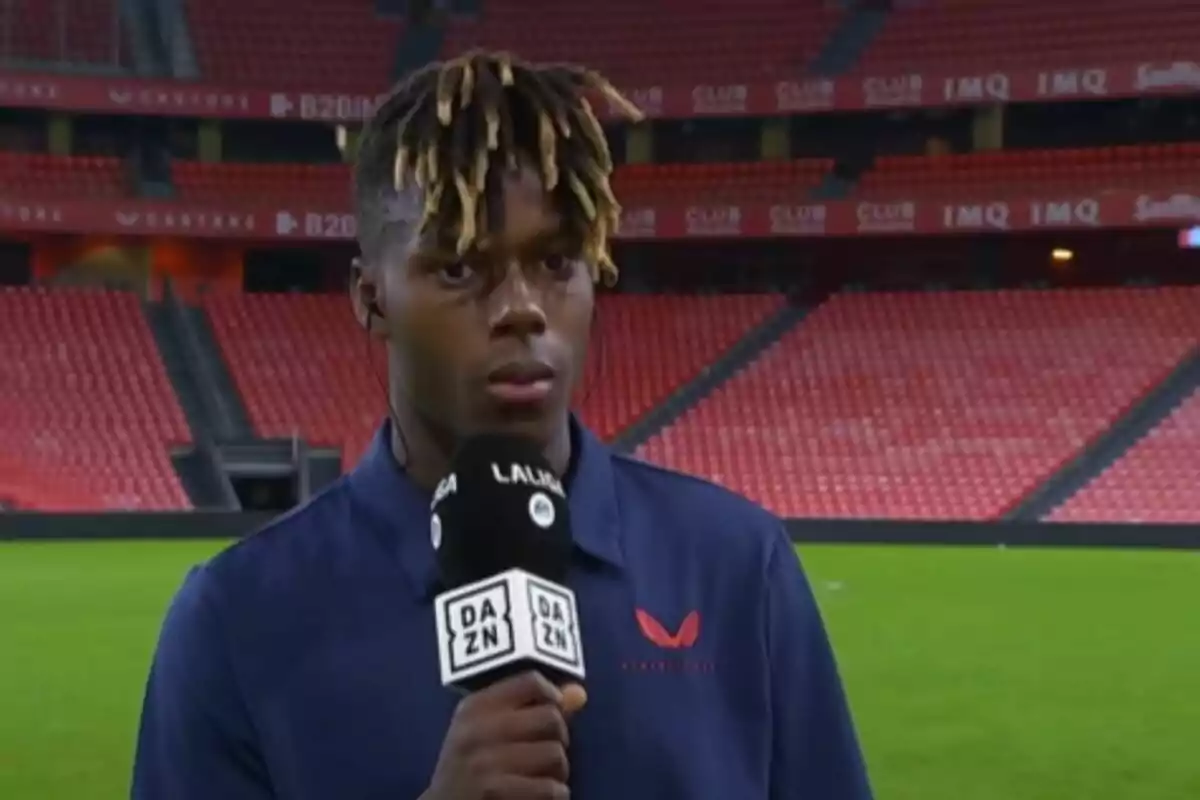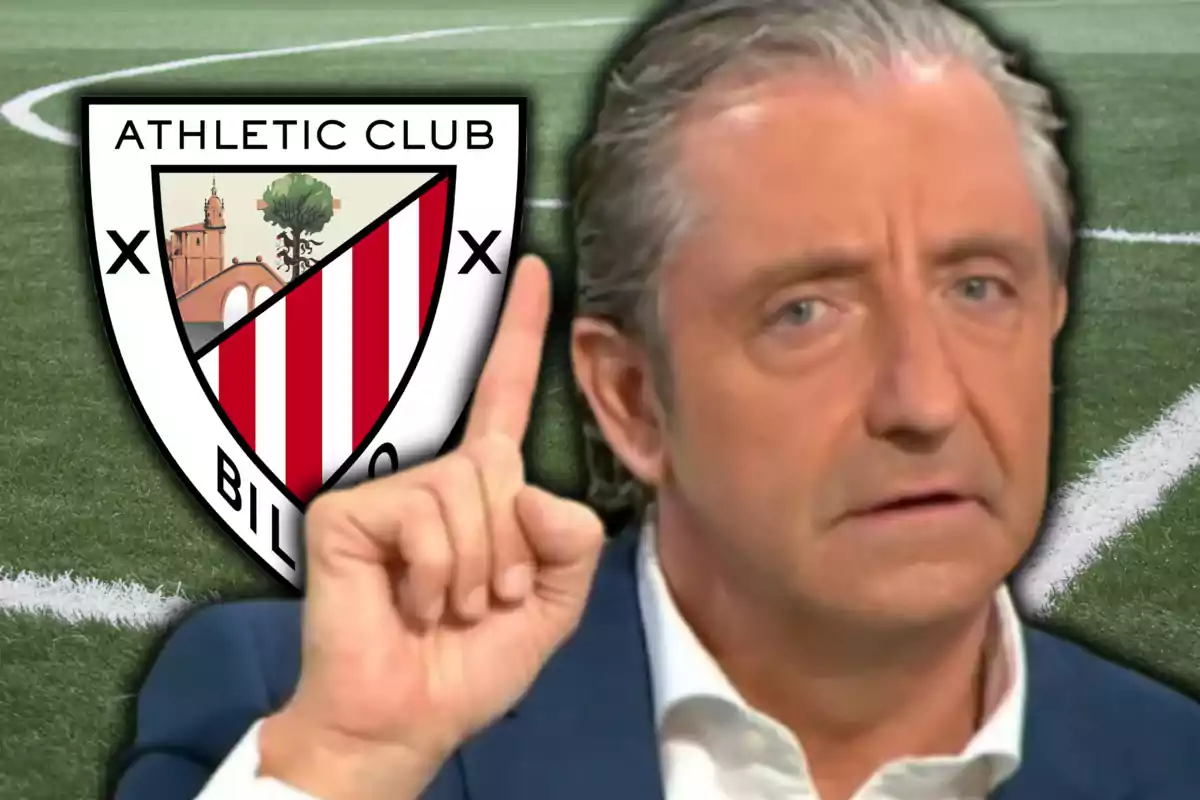The transfer season in Spanish soccer usually brings moments of maximum tension, and this time is no different. The possible departure of one of the league's greatest prospects has once again brought old disputes, conflicting interests, and an institutional battle that goes beyond the transfer itself to the surface. The Nico Williams case has unleashed a real storm between Athletic Club and FC Barcelona, with opposing positions and very strong opinions both in the offices and in the media.
Athletic Club and their offensive: scrutiny and defense of their gem
In Bilbao, they refuse to lose their franchise footballer without fighting until the end. The Basque club has taken a step forward, demanding from LaLiga and the Federation a thorough review of the operation. The goal: to make sure Barça complies with rule 1.1 of economic control, a regulation that prevents clubs from spending more than they earn and that, according to Ibaigane's board, still casts doubt on the blaugrana's ability to pay the full amount of the clause.
This stance has been interpreted by many in Catalonia and in the culé environment as a gesture of distrust and institutional pressure, at a time when Barça's own president, Joan Laporta, is trying to ease the tension by defending the legality of the operation and the good understanding between both clubs. However, Athletic's firmness is clear: they don't want to leave any loose ends and are committed to total scrutiny before losing their top figure.

Pedrerol puts the spotlight on obsession and asks athletic a tough question
In this context, Josep Pedrerol hasn't hesitated to express his point of view at the opening of El Chiringuito, summarizing the feeling of a significant part of Spanish soccer: "Athletic Club wants to scrutinize Nico Williams's transfer to Barça. Scrutinize it. Opinion: obsessions aren't good." For the journalist, the attitude of the rojiblanco leaders is a sign of obsession with the possible departure of the player, more focused on putting obstacles in Barça's way than on truly protecting the club's assets.
Pedrerol went further and questioned the root of the conflict: "A question for my friends at Athletic Club: why is the clause 58 million and not 1 billion? If you set a 58 million clause, it's because Athletic Club put him up for sale. Don't let them sell you nonsense". For the host, the key lies in the decision of the Bilbao club itself to set that figure, thus opening the door for any club that matches that payment to negotiate with the footballer.
The legal background and the reality of the transfer market
The debate goes far beyond Nico Williams's future. The rule of release clauses in Spain has always caused controversy, since it allows footballers to leave if the buying club matches the agreed amount. However, the scrutiny of each operation and the control over the clubs' finances have become strategic tools to prevent unwanted departures and protect LaLiga's financial balance.
In this case, Athletic Club's stance also has to do with media pressure, the protection of their image before the fans, and the need to show firmness in a market where big clubs usually get the best deals. Meanwhile, Barça faces a key summer, with their sights set on meeting economic requirements and strengthening a sports project that wants to dominate again in Spain and Europe.

